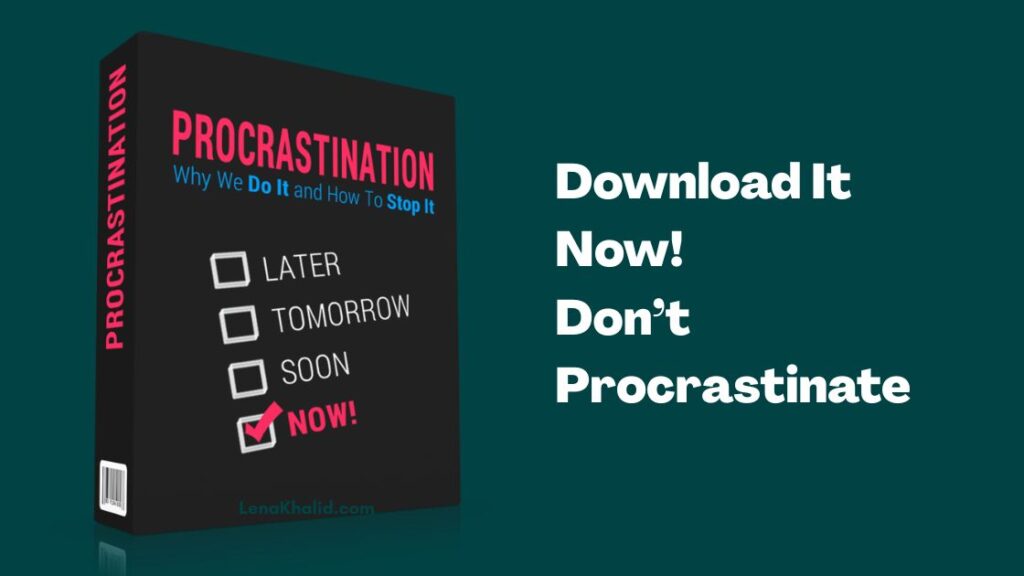
Courage and confidence are what decision making is all about
Every entrepreneur has to be a decision maker, even with information overload, emotional employees, angry customers and competitors hovering from every direction. Making a decision is one of the most powerful acts, however,without thinking or over-thinking things to the point of no decision are both deadly in business.
The challenge is to find the right balance and make good and timely decisions every time.
Decision Making : Some decide not to decide, while others simply procrastinate.
Either way, it’s typically a cop-out and doesn’t exactly encourage inspiration.
It is a tough challenge. According to Ohio State researcher Paul Nutt, business decision makers today fail about half the time on initial decisions for their organizations. Examples often cited include decisions which led to the demise of Pets.com, Excite, and WebVan. Although these cases involved strategic thinking, operational decision mistakes are even more frequent.
To avoid pining over what to do and what to skip, these tips can assist on how to make better decisions :
1. Stop to think before jumping to a decision.
Especially in a crisis or under stress, it’s tempting to make a snap decision based on a gut feeling or prior similar experiences. As entrepreneurs, the approach you take to asserting control and making decisions sets the tone for others to follow. Set the model for always thinking first and acting with deliberation.
2. Focus fully but selectively on issues of consequence.
Trying to spread your attention across many issues concurrently does not work. First select only those issues which are important to you, and delegate the remainder. Then give the selected matters your full attention for a timely and thoughtful decision. Don’t over-think any issue to no decision.
3. Stop seeking perfection
Many entrepreneurs would prefer a project be delivered only 80% complete a few hours early than 100% complete five minutes late. Moral of the story : Don’t wait for everything to be perfect. Instead of seeking the impossible, efficient decision makers tend to leap without all the answers and trust that they’ll be able to build their wings on the way down.
4. Be independent.
Good decision makers are “collaboratively independent.” Most business decision issues are complex enough to suggest the need for direct input from a key constituent or to test your understanding.
Waiting for committees or an expansive chain of command to make decisions could take longer. Although text messaging and email may seem more expedient, these do not convey the tone or body language you need to make the right decision. Get your information from credible sources and then act, swiftly.
5. Allocate contiguous time and process for critical decisions.
Many short dialogs in chaotic environments separated by other activities do not facilitate deep thinking or lasting decisions. The cost of recovery from a bad decision can far outweigh the effort of managing the thinking process with the right people, the right place and the right time.
6. Think past a potential decision to a plan for execution.
Planning the next steps, before finalizing a decision, will validate your thinking or perhaps clarify that more work is required. Decisions made without proper consideration for execution consequences often lead to more serious and continuing issues. Extrapolate your thinking far into the future.
7. Communicate your thinking as you deliver a decision.
Decisions delivered as edicts are never satisfying and may actually cause a backlash that negates a good decision. Respected leaders have no qualms about summarizing their thought process on issues and take the time to effectively communicate the key points to relevant constituents.
8. Manage and monitor the actual resulting implementation.
Even the best thinking and a good decision can be undermined by unforeseen events or people misunderstandings. Small course corrections made quickly and follow-up communication can forestall major new issues and make your decision the right one the first time.
If your thinking and gut feelings steered you wrong, correct the error and fess up. Even making the wrong decision will garner more respect and loyalty when you admit you have made a mistake and resolve it than if you are habitually indecisive.
The ability to make the right decisions on a timely basis is what defines you as an entrepreneur. It’s not a skill that anyone is born with, and it is one that you can definitely learn and improve your habits over time. For new entrepreneurs, I recommend that you seek the assistance of a mentor that you trust and not be
afraid to ask for assistance from your peers and senior advisors.
While new technology allows you to act and react more quickly than ever before, none of these tools are a substitute for thinking, deliberating and making your own decisions. Ultimately, every business is about people interacting with other people. Your challenge is to convince them that your they are at the center of your thinking while making that decision.





